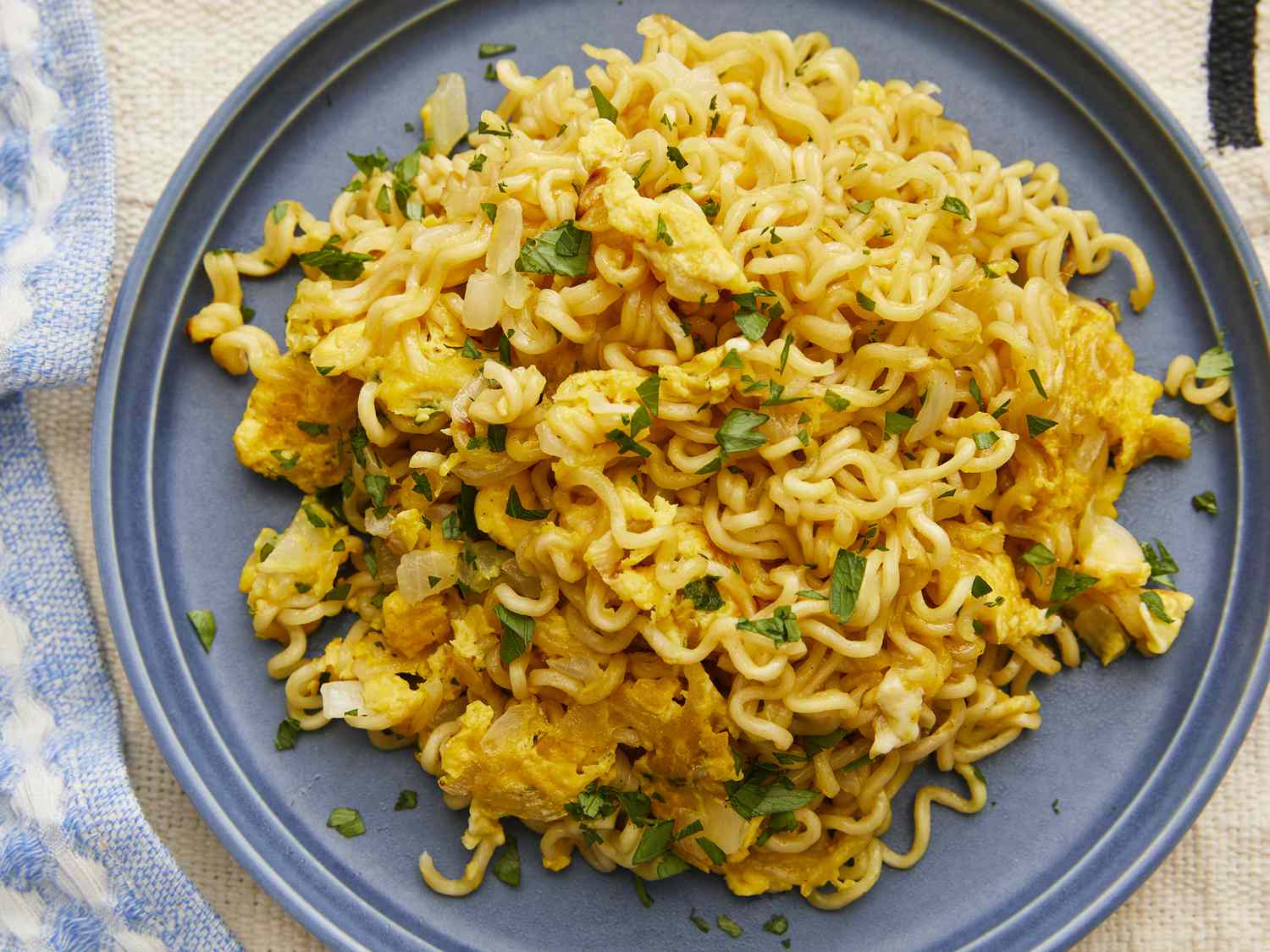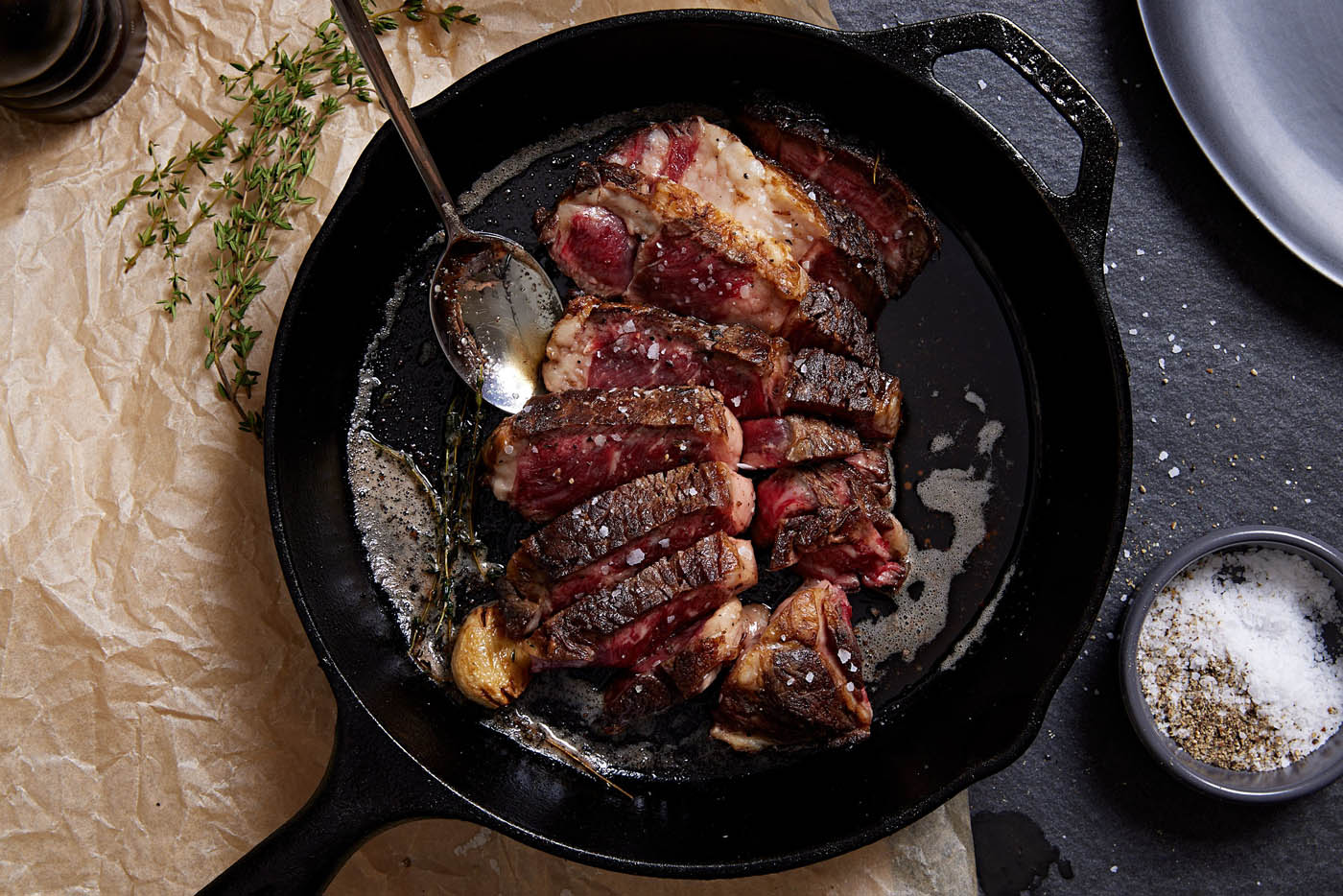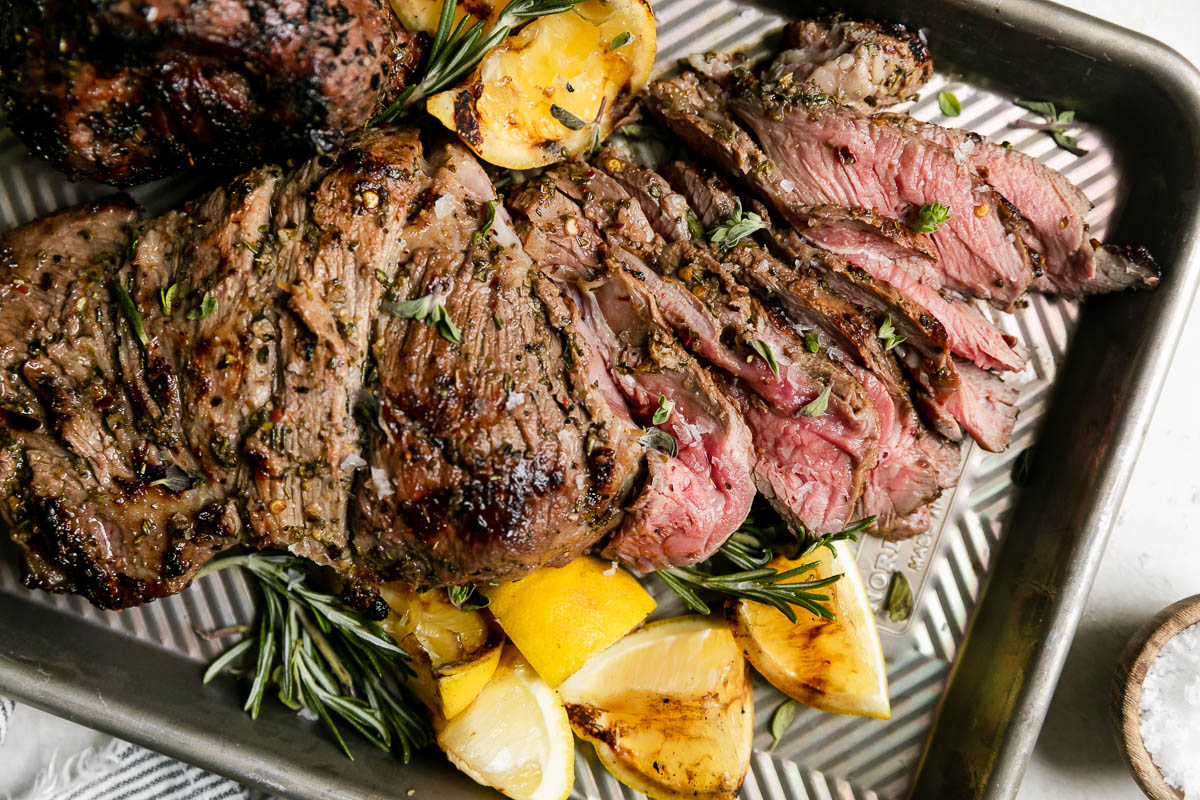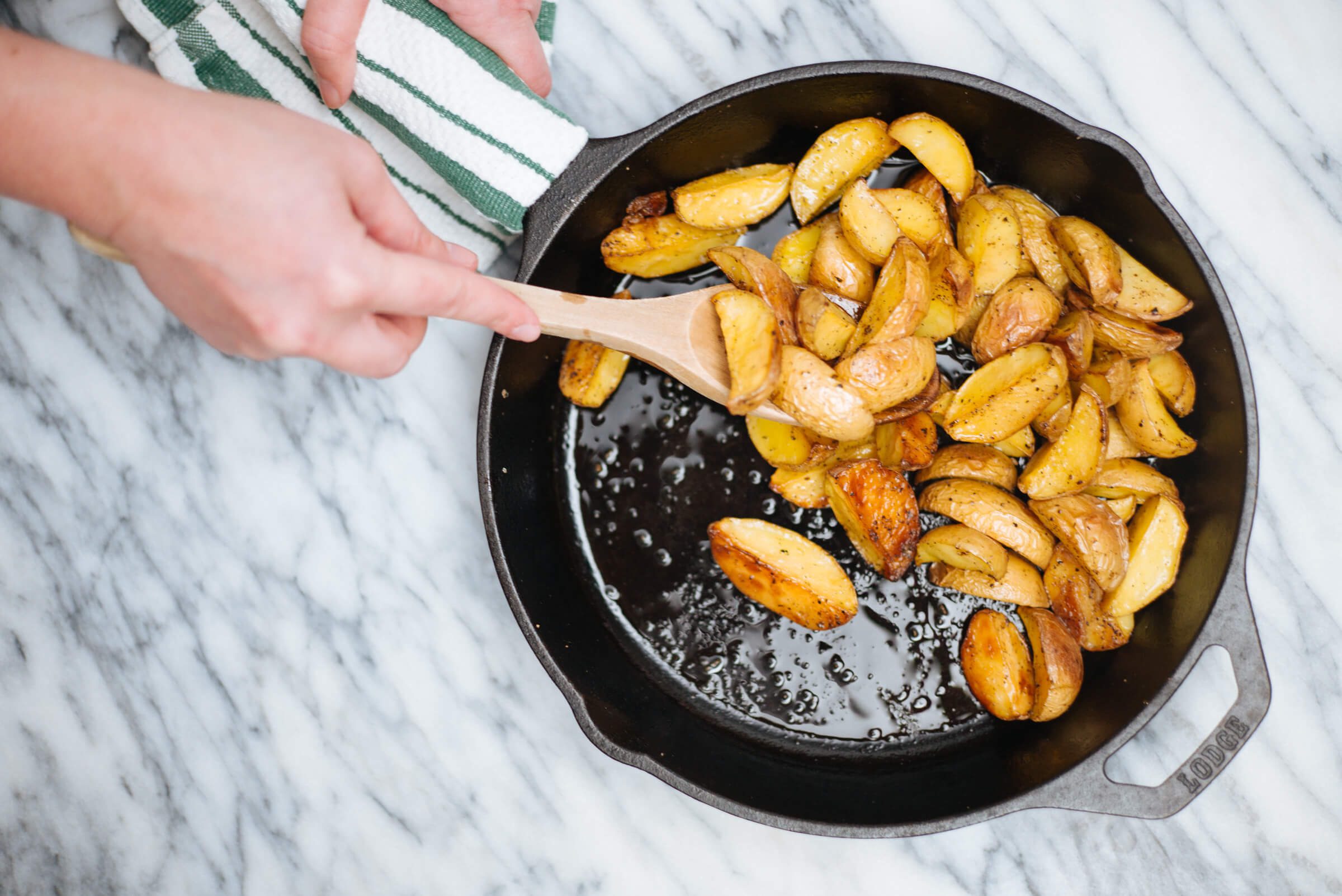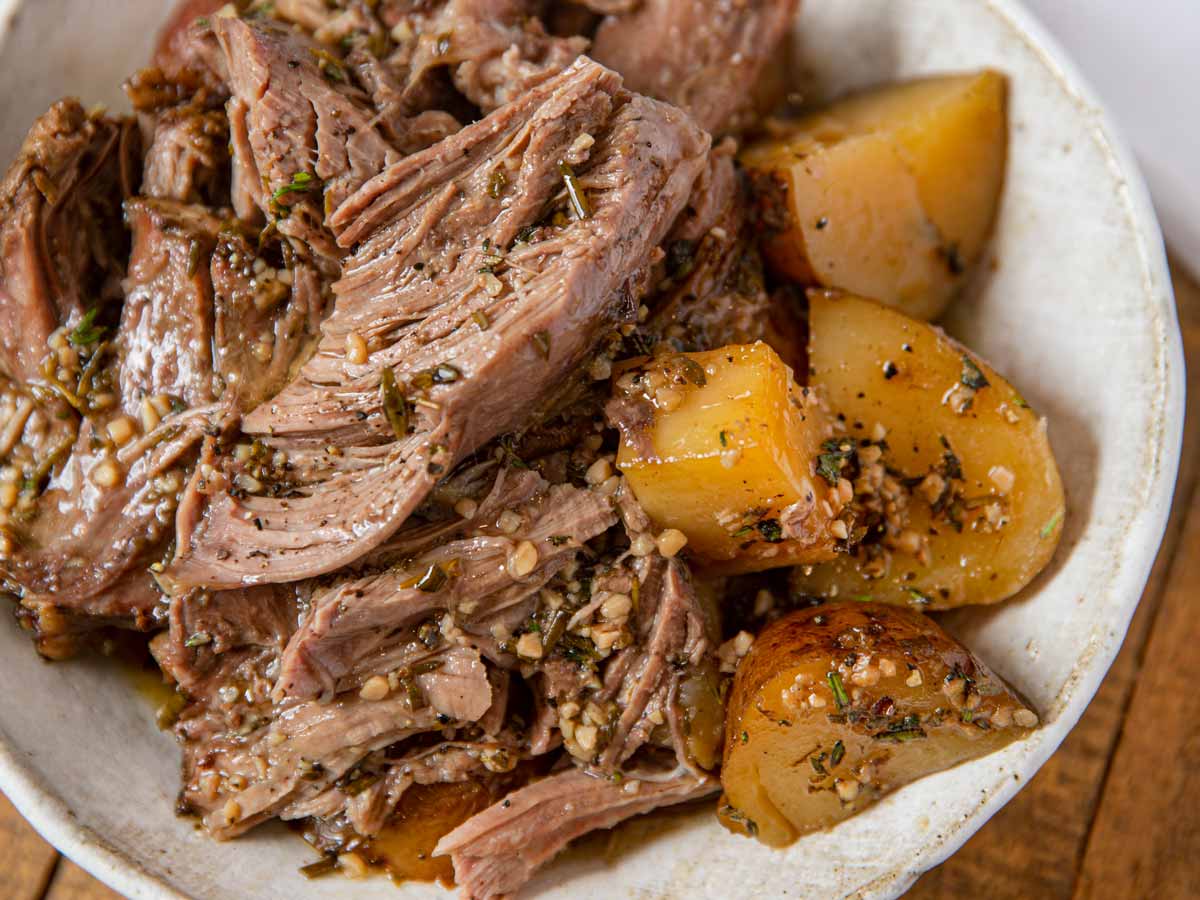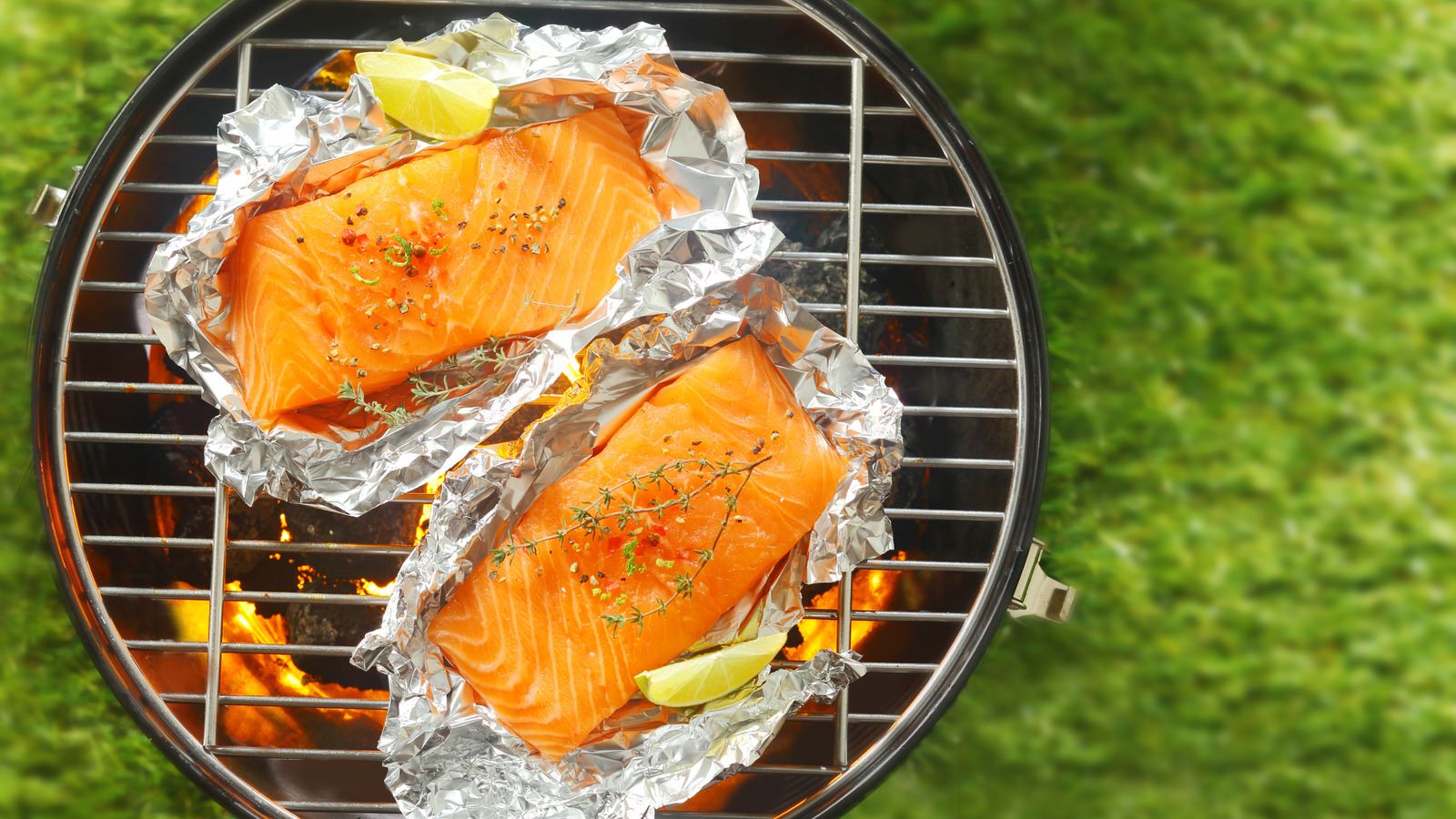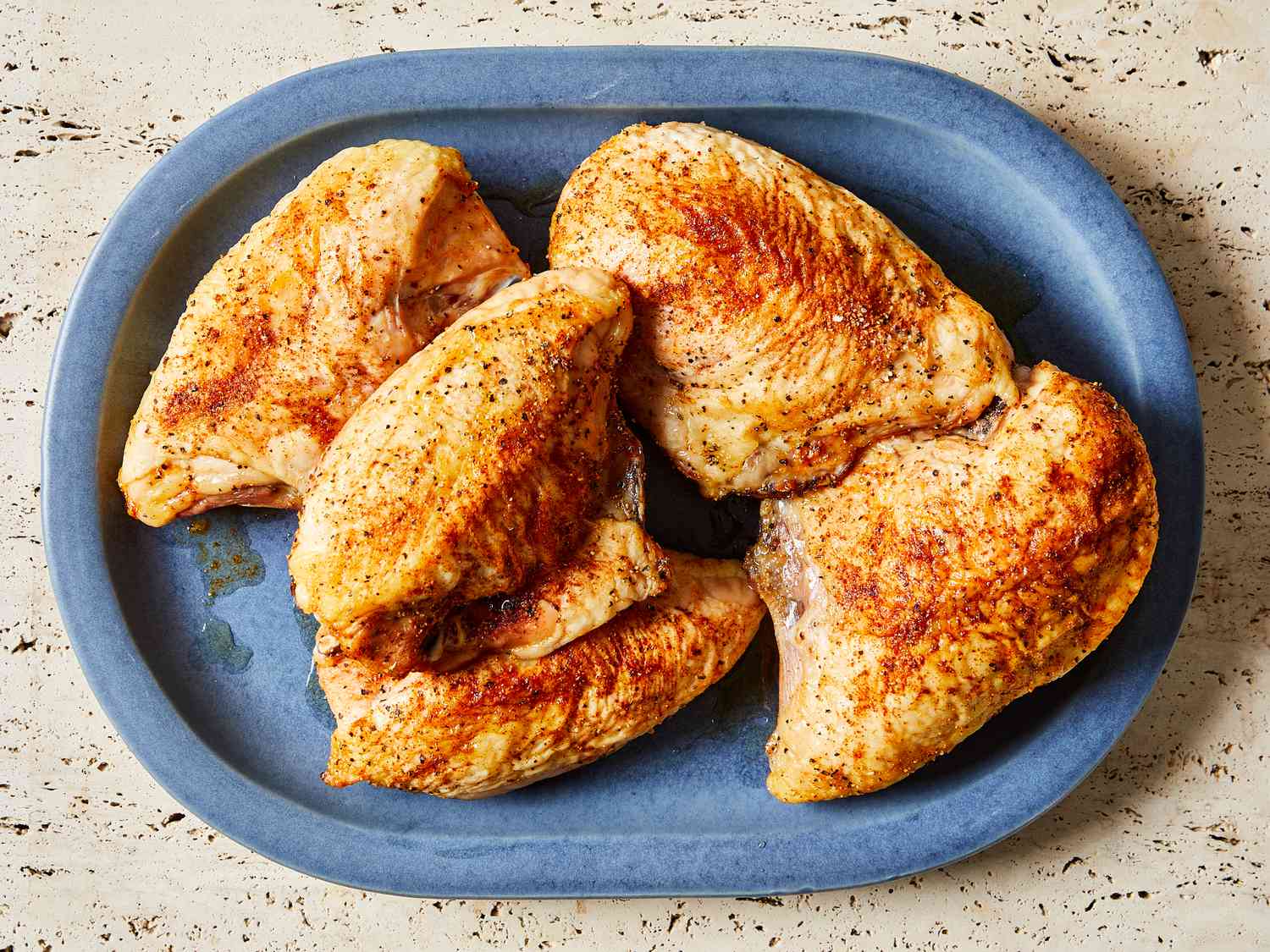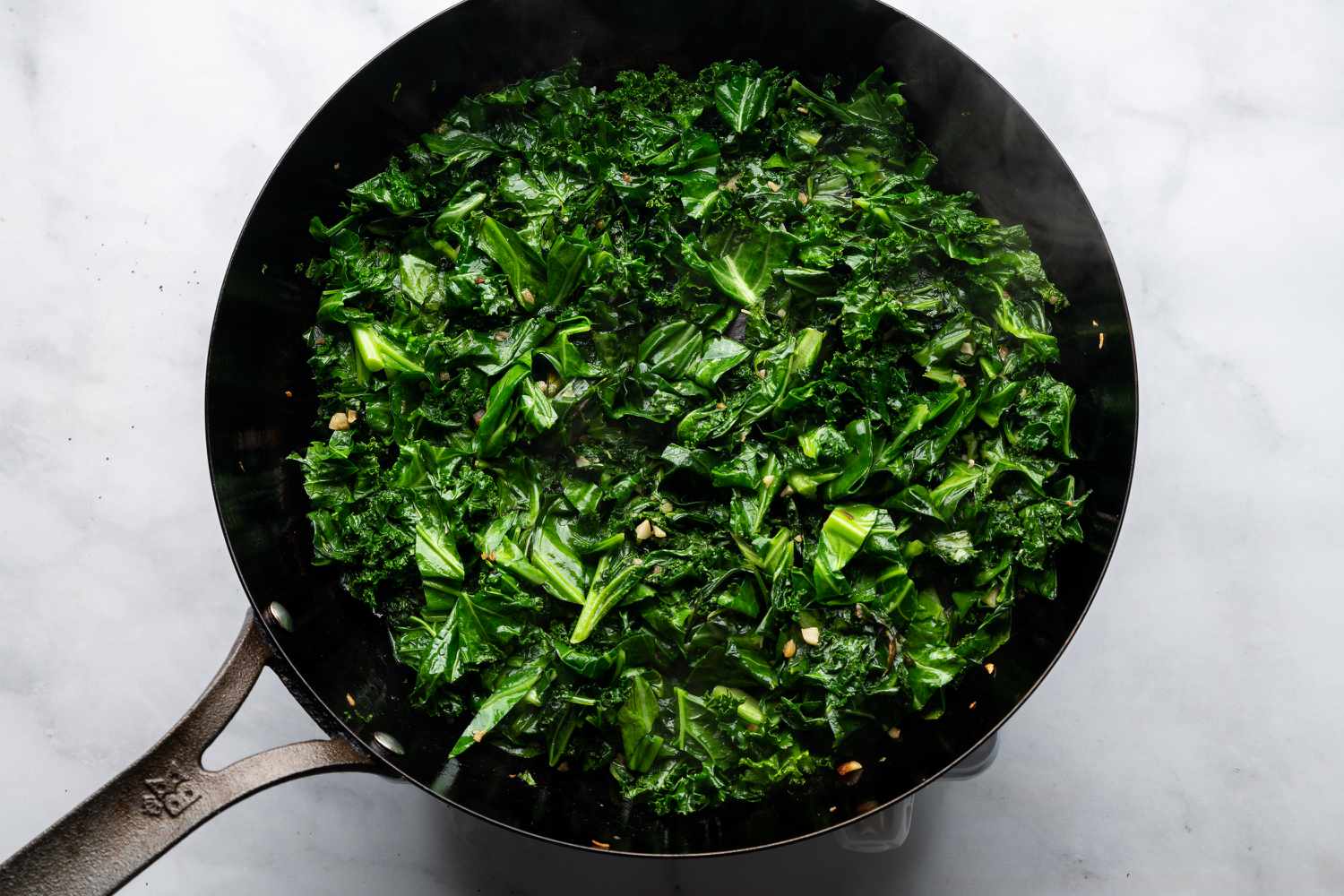How To Get More Active: Healthy Diet Plan
If you want to lead a more active lifestyle, one of the key aspects to focus on is your diet. A healthy and well-balanced diet can provide you with the energy and nutrients you need to stay active throughout the day. In this blog post, we will discuss some tips and strategies to help you create a healthy diet plan that will support your active lifestyle.
1. Prioritize Nutrient-Dense Foods
When planning your meals, aim to include a variety of nutrient-dense foods. These are foods that are rich in essential vitamins, minerals, and antioxidants. Fruits, vegetables, whole grains, lean proteins, and healthy fats are all examples of nutrient-dense foods. Incorporating these into your diet will provide you with a wide range of nutrients to support your overall health and well-being.
2. Include Lean Proteins
Protein is essential for muscle repair and growth, making it a crucial component of an active person’s diet. Opt for lean sources of protein such as chicken, fish, tofu, beans, and lentils. These foods are not only packed with protein but also low in saturated fats.
3. Stay Hydrated
Staying hydrated is important for maintaining your energy levels and supporting your physical activity. Make sure to drink plenty of water throughout the day, especially before, during, and after exercising. If you find plain water boring, try infusing it with fruits or herbs for a burst of flavor.
4. Fuel Your Workouts
Before engaging in physical activity, make sure to fuel your body with the right nutrients. Consume a small snack or meal that combines carbohydrates for energy and protein for muscle repair. A banana with nut butter or a handful of nuts and a piece of fruit are excellent options.
5. Balance Your Macronutrients
Strive to include a balance of carbohydrates, proteins, and fats in each of your meals to provide your body with sustained energy. Incorporate whole grains, lean proteins, and healthy fats such as avocados, nuts, and olive oil into your diet. Balancing your macronutrients will support your active lifestyle and help you stay energized throughout the day.
6. Plan and Prepare Ahead
To ensure you stick to your healthy diet plan, it’s essential to plan and prepare your meals in advance. Set aside some time each week to plan your meals, make a shopping list, and prepare a few meals in advance. This will help you avoid unhealthy food choices when you’re busy or on-the-go.
7. Listen to Your Body
Every individual is unique, and what works for others may not work for you. Pay attention to your body’s signals and adjust your diet accordingly. If you find that certain foods energize you while others leave you feeling sluggish, tailor your diet plan to include more of the foods that make you feel good.
Conclusion
Adopting a healthy diet plan is crucial if you want to lead a more active lifestyle. By prioritizing nutrient-dense foods, including lean proteins, staying hydrated, fueling your workouts, balancing macronutrients, planning ahead, and listening to your body, you can create a diet plan that supports your active endeavors. Remember, a healthy diet is just one piece of the puzzle. Combine it with regular physical activity for optimal results. Here’s to a more active and healthy you!
Was this page helpful?
Read Next: How To Cook With Pumpkin
Slot Online
Situs Bandar Slot Online Terbaik dan Terpercaya


